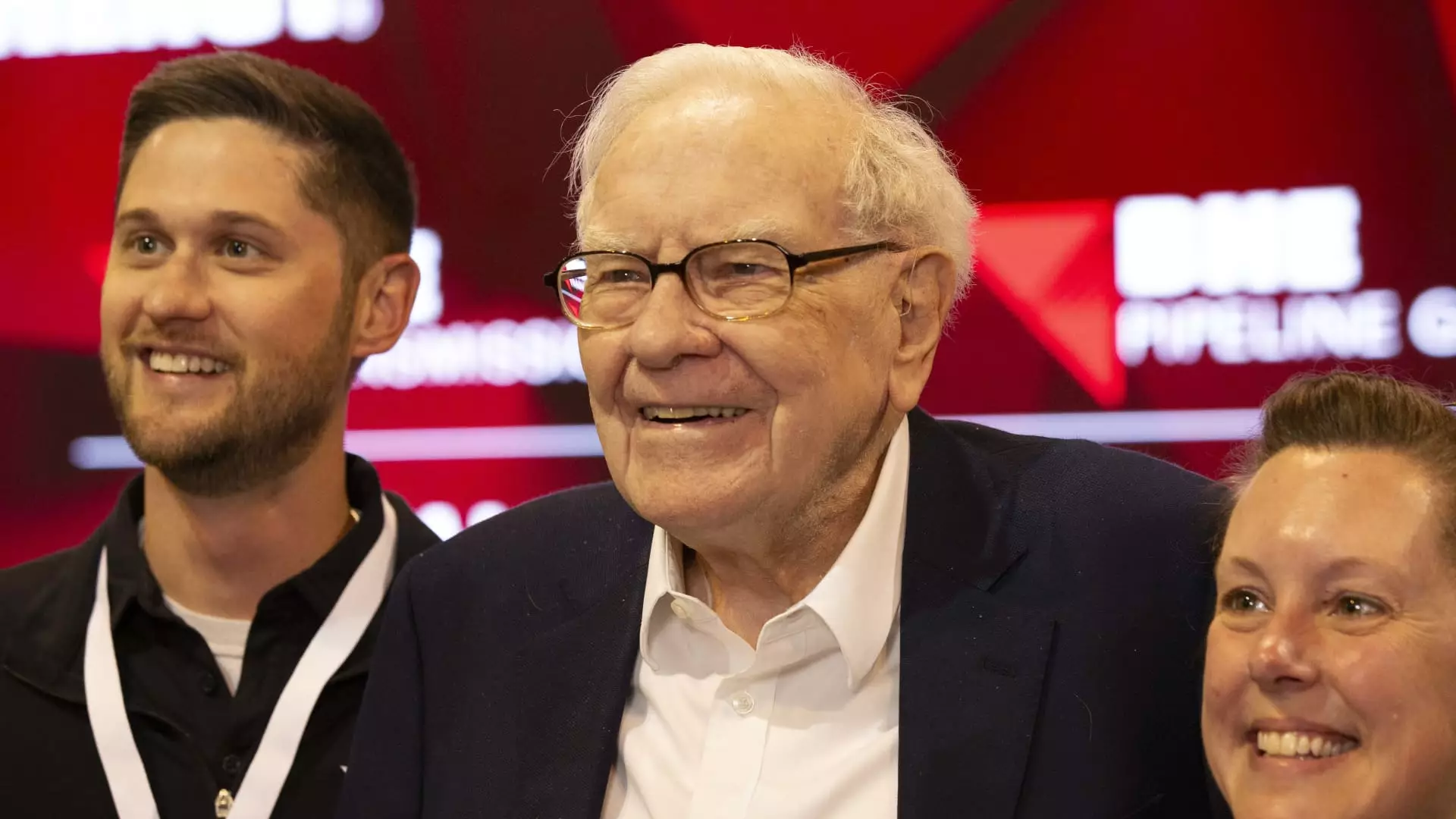Berkshire Hathaway, Warren Buffett’s investment vehicle, has taken a notable step by increasing its ownership in SiriusXM to 32%. The Omaha-based conglomerate recently acquired approximately 3.6 million shares for around $87 million in a series of trades from Wednesday to Friday. This move marks a significant commitment to the satellite radio company, particularly in light of the broader challenges that SiriusXM faces in the rapidly evolving audio entertainment landscape.
The Background of the Investment Decision
The recent purchase follows Liberty Media’s completion of a major restructuring, which included the merger of its tracking stocks with SiriusXM. This restructuring is part of John Malone’s broader strategy to streamline his media interests, which notably involved the separation of the Atlanta Braves into a publicly traded entity. Berkshire’s foray into SiriusXM’s tracking stocks began in earnest at the beginning of 2024, seemingly motivated by the potential for a lucrative merger arbitrage opportunity given the changing dynamics in the sector.
Despite the potential rewards, the logic behind Buffett’s increasing stake is complex. It’s unclear whether Buffett directly orchestrated this strategy or if it’s largely the initiative of his investment managers, Ted Weschler and Todd Combs. What stands out is Buffett’s historical tendency to remain silent on specific active bets, allowing his actions to speak volumes about his market confidence.
However, investing in SiriusXM comes with considerable risks. The company has been struggling with subscriber losses, coupled with unfavorable demographic trends that don’t exactly inspire investor confidence. Out of the 14 analysts monitoring SiriusXM, only five regard it as a buy, suggesting that the vast majority view the outlook skeptically. Additionally, institutional analysts like JPMorgan’s Sebastiano Petti have raised red flags, assigning an underweight rating and expressing doubt about SiriusXM’s long-term growth trajectory and audience diversification capabilities.
The recent merger, while potentially beneficial in the long term, has also led to a 12% reduction in the SiriusXM share count, which may complicate the company’s ability to repurchase stock until 2027. This could weigh heavily on share performance in the forthcoming years, raising further concerns among analysts.
Upon the announcement of Berkshire’s significant stake, SiriusXM’s stock briefly surged by 8%. Despite this positive reaction, it’s crucial to note that SiriusXM’s stock has plummeted over 50% this year, highlighting the broader volatility and uncertainty within the company’s market environment.
Interestingly, Buffett’s recent investing history in media stocks raises eyebrows. His previous venture into Paramount Global’s Class B shares ended in quick losses, leading to a strategic exit. This misstep prompted Buffett to reassess his views on content consumption and media competition, questioning the sustainability of so many players vying for a limited viewer base amid intensifying price wars.
While Berkshire Hathaway’s strategic investment in SiriusXM reflects Buffett’s belief in long-term value, it does not come without risks. The complexities of market dynamics, changing consumer preferences, and a competitive landscape demand careful scrutiny as investors hope that SiriusXM can indeed weather the storm in the evolving audio entertainment domain.

